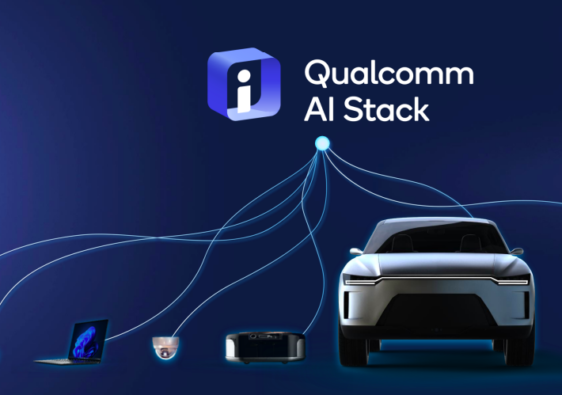IBM Think 2024 conference in Boston pointed to IBM’s clear strategic focus on democratizing Enterprise AI.

Arvind Krishna, IBM’s CEO, set the tone by highlighting a compelling statistic: AI has the potential to unlock a staggering $4Tn in annual global economic benefits by 2030. However, research by IBM’s own Global AI Adoption Index, reveals a key challenge – a gap exists between corporate enthusiasm for AI and its actual implementation. Businesses are eager to leverage AI, but struggle to bridge the gap between experimentation and practical application. These insights are in-line with my ongoing research around Enterprise AI.
Bridging the Gap: Open Source and Enterprise Focus
Think 2024 showcased how IBM is addressing this challenge through a two-pronged approach: open-source collaboration and the development of enterprise-focused solutions.
- Open Source for Faster Innovation: A significant move was IBM’s full embrace of open-source AI. The release of their high-performance Granite models (ranging from 3 to 34 billion parameters) provides a strong foundation for broader development and innovation, particularly in AI code generation. This, coupled with their collaboration with Red Hat on InstructLab, fosters a collaborative environment where developers can build upon existing models for specific needs.
- watsonx Platform Enhancements: The introduction of new watsonx assistants demonstrates IBM’s commitment to providing practical tools for enterprises. These assistants cater to specific needs such as Java application management, Z system interaction, and code explanation. Additionally, expanded NVIDIA GPU support and integration with Red Hat Enterprise Linux AI (RHEL AI) and OpenShift AI simplify AI integration for hybrid cloud environments, a critical factor for many businesses.
Next Steps: GenAI for Data Management and Automation
Beyond open source and enterprise tools, IBM showcased innovations in two key areas: data management and automation.
- Generative AI for Data Management: New data products like the IBM Data Product Hub and Data Gate for watsonx leverage generative AI (GenAI) to streamline the complex task of data management for AI workloads. By optimizing data observability and governance, these tools empower organizations to extract maximum value from their data for AI projects.
- AI-powered Automation with IBM Concert: A glimpse into the future of AI-powered automation came with the unveiling of IBM Concert. This GenAI tool addresses the growing complexity of cloud-native applications by providing comprehensive visibility and insights. By generating recommendations for streamlined operations and informed decision-making, Concert positions AI as a valuable tool for boosting business efficiency.
Building a Robust Ecosystem
Recognizing the importance of a strong partner network for widespread AI adoption, IBM is actively fostering collaboration with other industry leaders. This includes enabling integration with third-party models and fostering partnerships with companies like Adobe, AWS, Meta, Microsoft, and Salesforce. This collaborative approach broadens the reach and capabilities of the watsonx platform, catering to a wider range of business needs across different industries.
The Big Picture
By focusing on open-source collaboration, developing enterprise-ready solutions, and harnessing the power of AI for data management and automation, IBM is well-positioned to play a leading role in shaping the future of Enterprise AI.
While challenges remain, IBM Think 2024 highlighted a promising trajectory for AI adoption, paving the way for a more efficient and intelligent future for enterprises globally.



